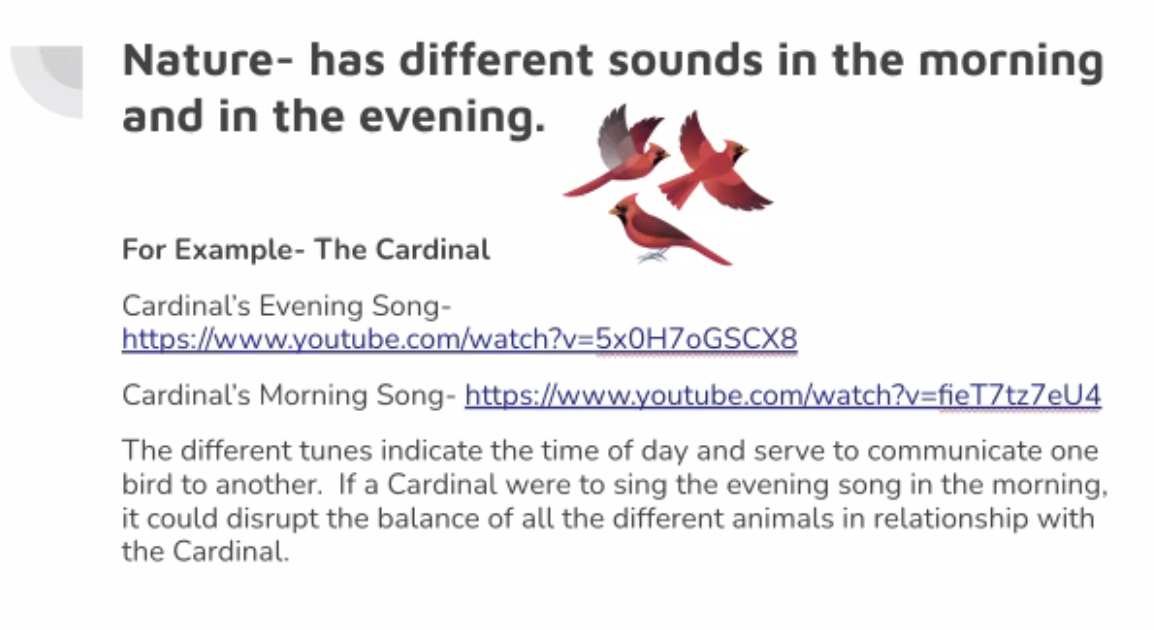Essentially, As author/entrepreneur Margaret Heffernan describes it, Muir found one flock that was fairly productive and just left it alone for six generations, letting chickens do what chickens do. And then he created another flock, which was constructed of the individually most productive chickens that he could find. After six generations of chickens, Muir took his first flock of average, good old worker chickens and then he looked at the second flock of chickens - the super chickens flock. And he compared how many eggs each flock had laid. And what he found at the end of the experiment amazed him: the average flock was doing very well. They were all really plump, fully feathered, very healthy and, importantly, they were more productive than ever. And the other flock - the superflock - all but three were dead.
Muir's chicken experiment has become legendary among social scientists because it's a window into human behavior and the way we work and a lesson on how we could do it better.
Here's what Margaret Heffernan says to interviewer Guy Raz about Muir's chickens and her Ted talk:
And then the super chickens all kill each other to get into Harvard or Yale, right? And then they kill each other to get into Harvard Law or Harvard Business, blah, blah, blah. And by the time they get into work, they have been taught that their success must depend on the failure of others. And so you have, then, performance management systems, which are about identifying the high potentials, right, which is management speak now for gifted and talented. You have evaluation systems, like forced ranking, which say, well, we're really going to promote the top 10 percent. And so, again, they're still in the system that's familiar to them, which is your success is contingent upon making the people around you less successful than you are.
RAZ: I mean, the irony is that this kind of system that is sort of the model, it does not lead to more productivity.
HEFFERNAN: No, it doesn't lead to more productivity. In fact, it leads to, I think, a catastrophic loss of productivity and creativity. But there's this belief that the only way you can make people successful is to make work a fight to the death. And then they scratch their heads thinking, well, we've done that and it doesn't work. Let's make the stakes higher. Let's introduce some money into this game. And, of course, it gets more vicious, still.
RAZ: Money might make you work harder, but it might not make you work better with other people because to do that, Margaret says, you have to build something called social capital. You can think of it as trust.
HEFFERNAN: Social capital is what gives companies momentum. And social capital is what makes companies robust. What does this mean in practical terms? It means that time is everything because social capital compounds with time. So teams that work together longer get better because it takes time to develop the trust you need for real candor and openness. And time is what builds value.
The lesson of Genesis 1:26: Teamwork beats talent every time. Just ask God. Just ask the chickens. | 








No comments:
Post a Comment